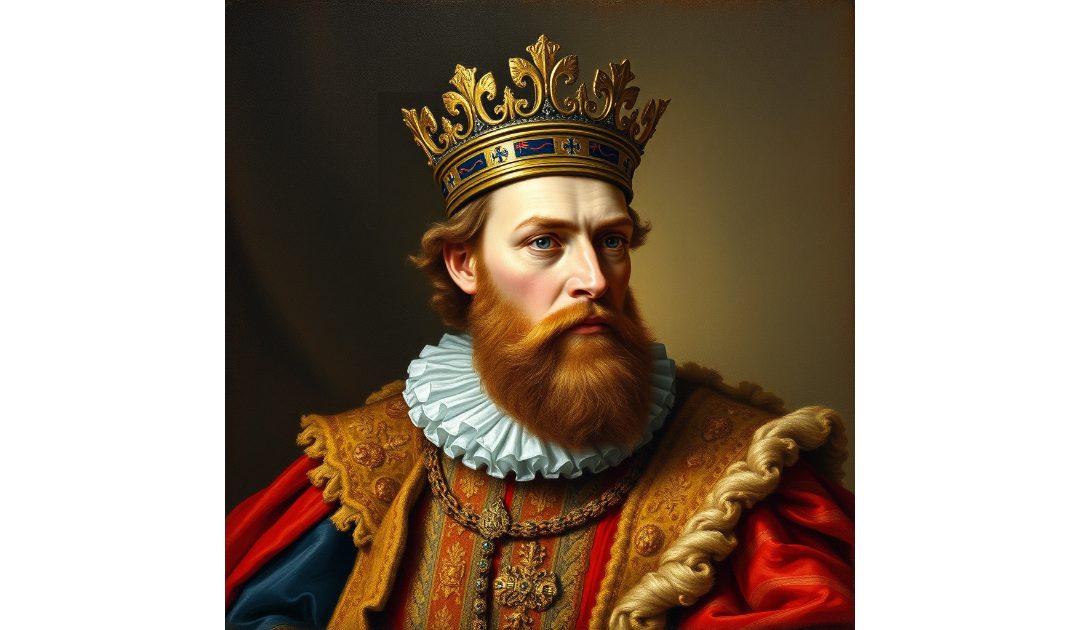On 16th January Charles V abdicated his role as King of Spain and appointed his son Philip II.
Charles V (1500-1558) was a significant figure in European history, serving as both King of Spain and Holy Roman Emperor. Born in Ghent, he was the grandson of Ferdinand II of Aragon and Isabella I of Castile, and the son of Philip the Handsome and Joanna of Castile. His diverse heritage positioned him as a powerful ruler across Europe.
In 1516, Charles became King of Spain, inheriting a vast empire that included Spain, the Spanish Netherlands, and territories in the Americas. His reign marked the height of Spanish power, as he sought to expand and consolidate his empire. In 1519, following the death of his grandfather Maximilian I, Charles was elected Holy Roman Emperor, becoming the most powerful monarch in Europe.
Charles faced numerous challenges during his reign, including religious conflicts stemming from the Protestant Reformation. His opposition to Martin Luther and the spread of Protestantism led to significant tensions within the empire. The Diet of Worms in 1521 was a pivotal moment, where he declared Luther an outlaw, but the Reformation continued to gain momentum, leading to a fragmented religious landscape in Europe.
Additionally, Charles dealt with external threats, notably from France and the Ottoman Empire. His rivalry with King Francis I of France resulted in several wars, while the Ottomans, under Suleiman the Magnificent, posed a significant challenge to Christian Europe. Despite these conflicts, Charles achieved notable military victories, including the capture of Tunis in 1535.
As a ruler, Charles V was known for his commitment to maintaining Catholicism and the unity of his empire, but the pressures of governance and constant warfare took a toll on him. In 1556, he abdicated, dividing his empire between his son Philip II of Spain and his brother Ferdinand, who became Holy Roman Emperor. Charles retired to the Monastery of Yuste in Spain, where he spent his remaining years reflecting on his reign. His legacy is marked by the complexities of empire, religion, and the challenges of governance during a transformative period in European history.
My interest in Charles V is, of course, rooted in his role in the Sir Anthony Standen Adventures. Juan, Duke of Austria, was the illegitimate son of Charles and Barbara von Blomberg. Standen’s espionage work for Walsingham in Flanders came to an abrupt end when Juan discovered him in an “inappropriate relationship” with his mother. Juan had just become the new governor-general. This was of course pure gold to me and cemented my image of my ancestor as the James Bond of his day, truly Walsingham’s Secret Agent 001. Thank you, Charles V!

